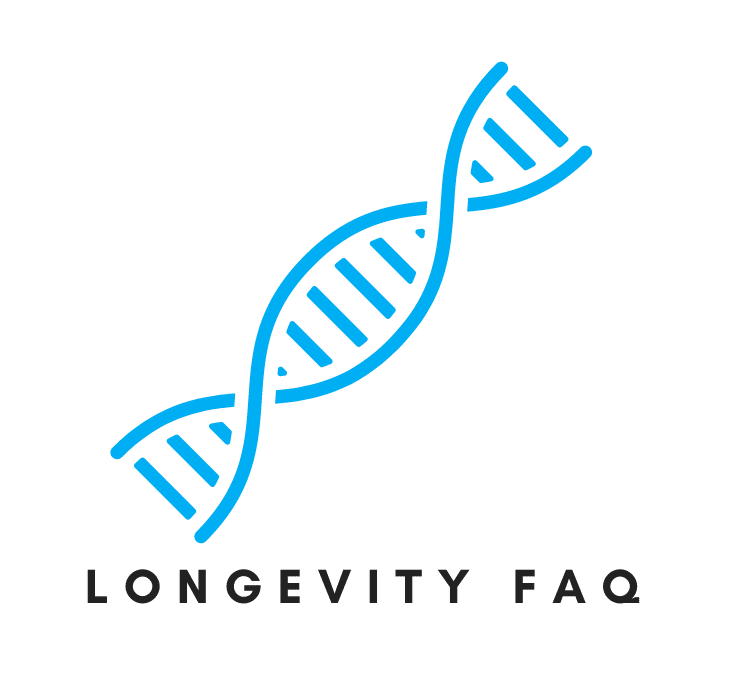
Yamanaka Factors are a group of reprogramming genes discovered in 2006 by Japanese stem cell biologist Shinya Yamanaka. He identified these factors as critical for transforming adult cells into embryonic stem-like cells called induced pluripotent stem cells (iPSCs). This revolutionary discovery earned him the Nobel Prize in Physiology or Medicine in 2012. By reprogramming adult cells into iPSCs, researchers can now study cell types that were previously inaccessible.
Connecting Yamanaka Factors to longevity and anti-aging is based on their role in maintaining cellular health and youthfulness. These factors are related to rejuvenating aged, damaged, or dysfunctional cells, improving cellular function, and potentially extending lifespan. Recent studies have indicated that partial reprogramming using a subset of Yamanaka Factors can reverse cellular aging and prolong the health of organisms.
The four Yamanaka Factors are Oct4, Sox2, Klf4, and c-Myc, collectively known as OSKM. Protocols aiming to increase longevity or reverse aging focus on manipulating these factors in a controlled manner, ensuring that the reprogramming prevents or delays age-associated diseases without causing unintended consequences, such as cancer. Methods include using small molecules, RNA-based therapies, or gene-editing technologies like CRISPR, applied in a targeted and regulated fashion.
Popular longevity books that reference the Yamanaka Factors include:
- Lifespan: Why We Age—and Why We Don’t Have To by David Sinclair
- The Longevity Paradox: How to Die Young at a Ripe Old Age by Steven Gundry
These books discuss ongoing research and the possible implications of harnessing these factors for longevity.
Additionally, it’s essential to understand that Yamanaka Factors are only one aspect of longevity research. Their potential for anti-aging comes with risks and challenges that must be addressed, such as the delicate balance between cellular rejuvenation and the risk of uncontrolled cell growth. As the longevity field evolves, further advancements in Yamanaka Factor research and development will likely contribute to novel therapies that may revolutionize how we approach aging and extend human healthspan.
« Back to Glossary Index